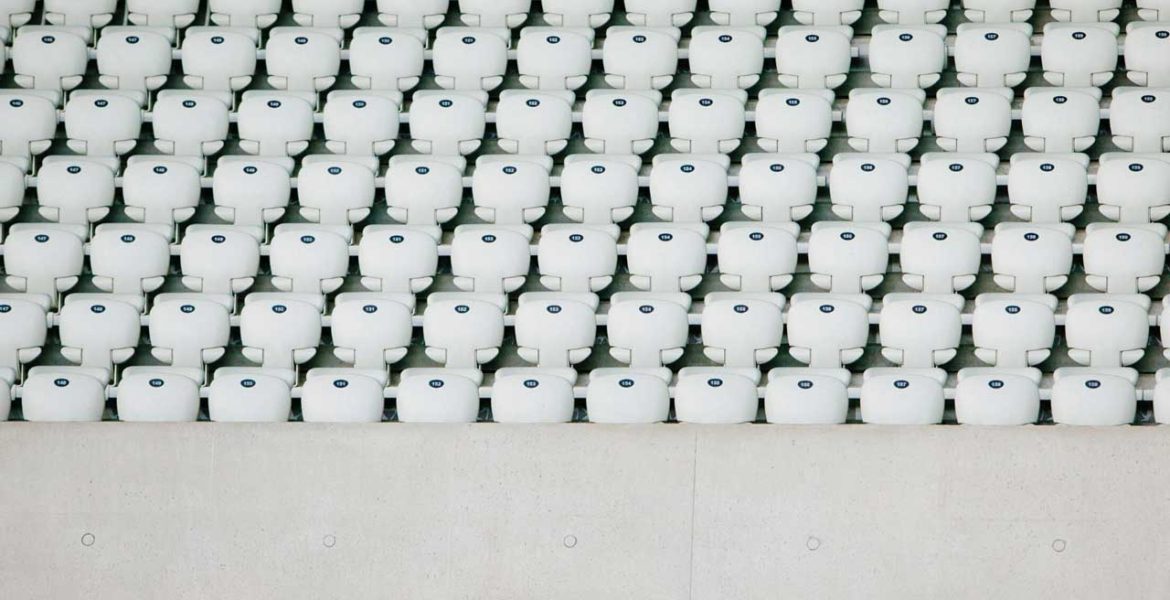Part one of this series looked at how brands are reaching their customers in the “new abnormal” during the Coronavirus crisis. For part two, we’ll consider what brands must do to look after these customers and deliver an effective brand and user experience.
Regardless of size or sector, all organizations, including brands, will need to work hard to understand and serve their customers effectively during this time. It’s important to understand how brands are meeting customers’ changing needs in light of current realities whilst delivering a set of digital experiences – both online and culturally – that are truly customer-centric.
Cuddle your customer
‘The customer comes first’ is a universally accepted truth, but right now it’s more relevant than ever. Without appearing opportunistic, it’s crucial that brands are able to step up and support their customers through the current crisis in meaningful ways, even if this may not be financially beneficial for them in the short-term.
Some of the great brand responses we’ve seen so far include wireless carrier Mint Mobile, owned by actor Ryan Reynolds. The brand offered both new and current customers free unlimited high-speed data until 14th April. The firm stated: “the world has been thrown into an unprecedented moment of uncertainty where reliable communication is of the utmost importance. As your communication provider, we feel it’s necessary to do something that could possibly help all of us navigate this tough time a little bit better.”
As we adjust to the absence of daily face-to-face interaction we might be accustomed to, Mint Mobile’s move to help its customers stay connected is definitely the right response.
Alongside this, Facebook has responded to the virus outbreak by announcing a $100 million program to assist small firms who are struggling.
Facebook’s grants will be available to up to 30,000 businesses in 30 countries. This equates to an average of $3,333 per business. This funding may be used to cover anything from operational and rent costs through to workforce care and customer engagement.
The economic impact is also fast becoming apparent and demand for more expensive products such as cars is likely to dwindle – particularly as people are unable to visit showrooms. Hyundai and its luxury brand Genesis have responded by relaunching its 2009 recession program called Assurance Job Loss Protection, promising to make up to six months of payments for new car owners who lose their jobs and have purchased or leased their vehicle between 14th March and 30th April 2020.
Optimize your digital experience
It goes without saying that the majority of brands will already have a digital presence. But now that this has become the only way to engage your customer, it’s not just the existence of this platform that’s crucial, but its performance too. In the new abnormal, a poor online experience, weak conversion rate, or a lack of clarity will make the difference between the businesses that manage to sustain themselves and those that don’t.
Understanding how your UX is currently performing, addressing a falling conversion rate, or boosting your online visibility are all steps to help you to reach and engage your customers with positive experiences. We’re working with a number of clients to review their digital experience offerings and find quick wins in the data. It’s important to make sure we are measuring the right metrics and properly managing what is now a ‘business-critical’ channel.
A virtual service
As our ability to engage with the physical world becomes reduced, many brands are shifting their products online. US healthcare provider One Medical is accelerating its digital services with COVID-19 screening questions as part of its ‘Treat Me Now’ in-app service. This app provides response-based advice and demand is growing rapidly, with an 82% rise in video visits since March 12th.
In the UK, GPs will respond with emails and calls initially, before appointments are arranged face-to-face. Meanwhile, Teign Tutoring – a one-person tutoring business – is delivering online lessons to children who must now learn from home. Businesses of all sizes can respond to this crisis by reviewing their offering and providing different ways of servicing their customers. This is just the tip of the iceberg.
Redeployment to support digital channels
Retailer John Lewis has redeployed staff to its supermarket brand Waitrose to help fulfill food orders and meet the demand for critical goods from online shoppers. Marks & Spencer is likewise expected to assign staff from clothing and home departments to its food teams, while a contact-free service has also been introduced for online clothing, home, flowers, hampers, and wine orders.
Smart closures and downsizing
Many brands, including J. Crew, Nordstrom, Sephora, Uniqlo, and Under Armour, are closing their brick-and-mortar stores and going online-only for the time being.
Meanwhile, Starbucks made the move to a takeaway-only model in the US and Canada from 15 March where they could maintain business whilst they closed their doors in the UK. In the US, some stores that remain open are now offering free coffee to key workers.
Temporary model pivot
As the spread of Coronavirus necessitates the closures of restaurants and bars worldwide, it’s clear that food service will be one of the hardest-hit sectors. To weather the impact, many are moving to an online and delivery model, with UK coffee chain Grind having closed many stores and introduced a host of new channels and customer service models.
Many Gin and alcohol brands have pivoted their capabilities to focus on manufacturing and distributing hand sanitizer, including Brew Dog and Exeter Gin Distillery
To survive in the short-term, brands must create new digital customer experiences that are both relevant and useful. As these start to make a cultural impact, in turn, they may form part of a future strategy. We need to question all assumptions and embrace an entrepreneurial spirit grounded in ethics and community. This might seem like the new abnormal right now, but it could represent a major shift to business as usual for years to come.

